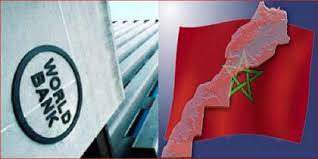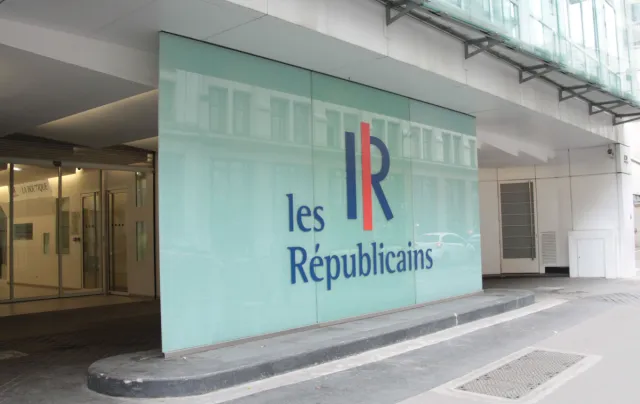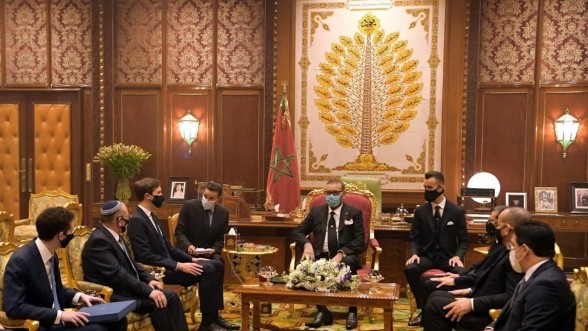Morocco and the World Bank have signed a $500 million financing agreement, representing the first tranche of a loan destined to strengthen human capital for a resilient Morocco.
The financing aims to improve protection against health risks, loss of human capital as well as to improve climate risk management and resilience to catastrophic events.
The proposed financing is based on three pillars, the first of which includes measures to strengthen physical and human resources to improve health services for all beneficiaries and to enroll up to 11 million self-employed workers and their dependents and to integrate up to 11 million people currently enrolled in Medical Assistance Scheme into the compulsory health insurance.
The second pillar includes measures to implement the family allowance program and expand coverage of pension plans. This reform provides for the adoption of decrees and other legislation to ensure proper governance, identification and targeting of health and social protection reform.
The third pillar focuses on improving resilience to natural disasters and climate risks, including strengthening institutional and coordination framework for disaster and climate risk management, establishing coordination committees of key stakeholders, and improving risk transfer mechanisms such as agricultural insurance.
Minister Delegate in charge of the Budget, Fouzi Lekjaa, who initialed the agreement on the part of Morocco, said in a statement to the media that the signing of this financing agreement allows the deployment of the most important and fundamental reform that concerns the Moroccan society, initiated by King Mohammed VI.
Today, the support of international institutions, the WB in this case, indicates that this large and credible reform gives legitimacy to government action to succeed in this challenge by 2025 and ensure the conditions of a dignified life for all Moroccans, he said.
For his part, Director of the Maghreb and WB Director of Operations for the Maghreb and Malta, Jesko Hentschel, stressed that the WB considers the reform of social protection in the Kingdom a ‘very innovative, ambitious and integrated’ reform.
In this context, he explained that it covers the major risks of the population, including the risks of disease, poverty among the elderly and risks related to climate change.



